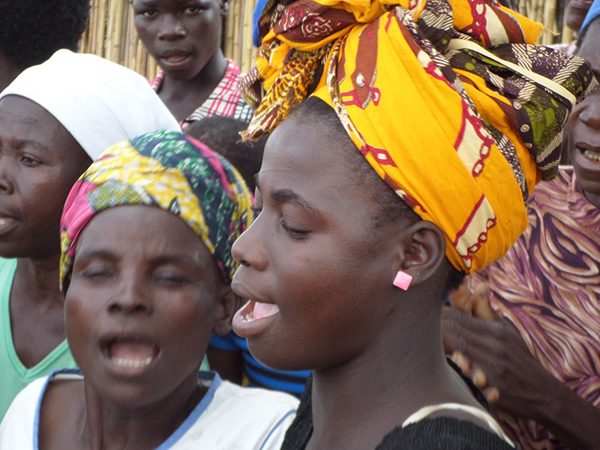
Mozambican women sing during a worship service.
In August 2015, the ILCM celebrated the ordination of its first graduating class of pastors—eight pastors to serve the young church body’s then ten churches. The celebration saw approximately 1,000 members converge on Villa de Sena, an event which drew considerable local and even national attention.
Amambo and Maviga
Among those discussing the event were Christians in Amambo, who heard the story from a local woman, who herself heard it from a truck driver. The Christian community in Amambo had been left on their own five years earlier, when the priest serving them left the village. Without pastoral care, the congregation remained isolated and alone, slowly dwindling as members fell away. The news of the ILCM ordination celebration encouraged the remaining congregation members to try to make contact with the Lutherans they had just learned of.
Two members travelled twenty kilometers by bike to a nearby town, where they found transportation by truck to Villa de Sena. In total, their trip took two days along rough roads in territory known to be frequented by lions. When they finally arrive in Villa de Sena, they were directed to Rev. Manuel Jambo, President of the ILCM, who welcomed them into his home. After a night of conversation they joined President Jambo and Rev. Mateus Sifa at the local church for worship. They returned to Amambo with the good news that the Lutherans had agreed to visit them to begin a course of instruction.
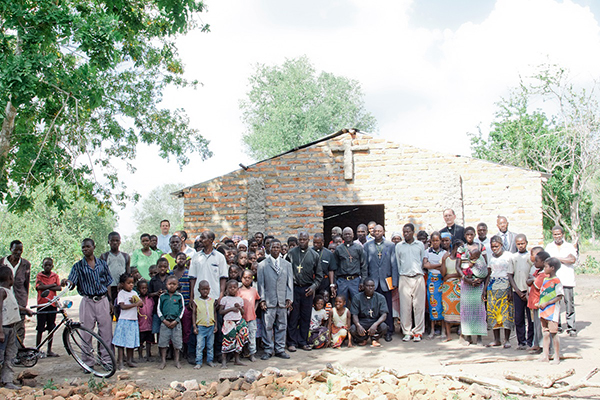
Rev. Winterle and pastors of the Lutheran Church of Concord in Mozambique visit the congregation in Amambo.
Nine months later, international partners had the opportunity to visit the Amambo congregation. Rev. Carlos Winterle, a Brazilian pastor serving the Free Evangelical Lutheran Synod in South Africa (FELSISA) with long-time involvement in the mission in Mozambique, and Rev. Shauen Trump, Area Director for Eastern and Southern Africa for The Lutheran Church—Missouri Synod (LCMS), joined eight local pastors in visiting the community. 110 members were on hand to welcome them. Knowing that the guests would be unable to visit Maviga on the same trip, the congregation there also sent a delegation to welcome them as well—twenty-one representatives who travelled the fourteen-hour journey by foot.
Cado
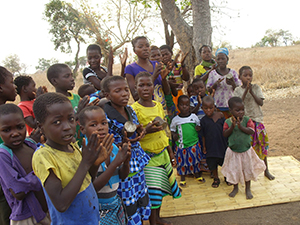
Women and children in Cado sing.
The village of Cado similarly found themselves interested in learning more about Lutherans—though their reasons for doing so are somewhat different. The Christians of Cado paid dearly for pastoral services, struggling under the tyranny of a pastor who mandated a substantial cash payment for each visit. It was not until villagers started going to town, some forty-five kilometers away, to find a market for their goods that they realized not all churches operate in the same way.
When the possibility of life together under a different model came to light, the congregation took action to learn more. They sent out two youth by bicycle to Villa de Sena to make inquiries of the churches there—and once they arrived they met President Jambo and Rev. Sifa. President Jambo hosted the two Cado villagers in his home, where they discussed the theology of stewardship, offerings, and matters of financial administration in the church. Through these discussions, President Jambo was able to clearly share the Gospel, and explain the church’s focus on Word and Sacraments.
That Sunday, the two villagers attended São Paulo Lutheran Church in Villa de Sena, and got to see these focuses in practice. By the end of the service, their path was clear. They explained to the church members in Villa de Sena that they were sent out to find a parent church body for their congregation, and that they had been convicted that the Lutheran church was the one they had come to find. The Cado villagers requested the blessing of the São Paulo congregation to send a pastor to support a Lutheran church in Cado.
A few weeks later, three Lutheran pastors traveled to visit the people of Cado. The first Lutheran service was attended by fifty villagers meeting under a tree. Within a year, the congregation had grown to eighty.
Cado-Nhachiva
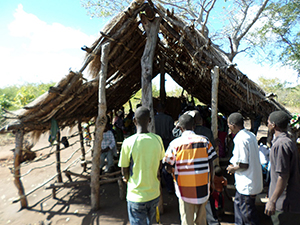
The congregation in Nhachiva assembles.
It was in ministering to the community of Cado that another mission opportunity presented itself. Rev. Sifa was traveling the forty-five kilometer trip home from Cado—a trip that would be taxing in the best of circumstances, and even more so on one of Africa’s typical heavy one-speed bicycles on rough dirt roads. About ten kilometers into the trip, Rev. Sifa stopped at a trading centre for rest and a refreshment. While there, a teacher noted his clerical collar and asked if he were a priest. Rev. Sifa explained he was a pastor of the Lutheran Church, and they began to discuss the history and doctrine of Lutheranism. Interested in what the pastor had to say, the teacher asked him to consider starting a church in his village of Cado-Nhachiva.
Several weeks later, Rev. Sifa was on his way to Cado again. On the way he found the teacher and several other villagers waiting for him in Cado-Nhachiva. Rev. Sifa spoke with them and invited to travel with him to the church in Cado. They went. Not much later, Cado-Nhachiva held its first worship service, with 80 people attending. Today 150 members regularly attend services where the Gospel is clearly proclaimed.
Suero
The clarity of the Gospel preaching done by Lutherans is making an impact elsewhere in Mozambique too. In Chemba, a local community radio station host learned that firsthand. In Chemba, as in communities across Mozambique, the radio station gives regular airtime to local pastors. But when Lutheran pastor Rev. Julio Castomo had his first moment on air, the host was taken aback by his message. It was so different from the other preachers who came for their five-minute radio time.
After the broadcast, the host spoke extensively with Rev. Castomo about his message and about the church. The next day, he came to visit the pastor in his home. And that Sunday, he came to church to learn more. Immediately afterwards, he travelled to his home village of Suero to tell his extended family about the love of Christ. They asked him to go back to Chemba, collect Rev. Castomo, and bring him to tell them himself. After a few evangelistic visits, the people of Suero organized a church and invited Rev. Castomo to come. The first week 60 people attended. The next week there were 80.
And Others
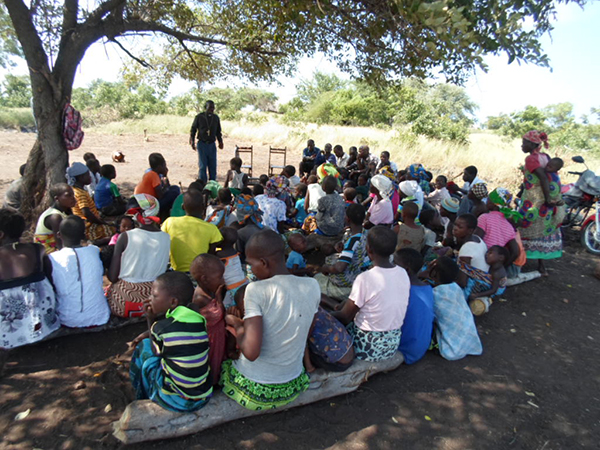
Preaching in one of the new congregations near Kapasseni.
The ILCM has welcomed other churches too. Rev. Rui Jalene Souza of Kapasseni has seen his evangelistic visits to nearby villages bear fruit, with four new congregations planted in the area. And an independent congregation in Mutarara, hearing of the ILCM’s work, recently sent two representatives forty kilometers to Villa de Sena looking for a church body with substance. The dedication of a Lutheran congregation in Mutarara is expected in the near future. Work continues in other areas as well.
There is a burning desire in Mozambique for clear Gospel preaching, both among the unchurched and those lacking pastoral care. The Lutheran Church of Concord in Mozambique is meeting that need, and they are supported in that work by faithful international partners. The Evangelical Lutheran Church of Brazil (IELB); the Free Evangelical Lutheran Synod in South Africa (FELSISA); The Lutheran Church—Missouri Synod (LCMS); The Mission of the Lutheran Churches (Bleckmarer Mission) of the Independent Evangelical Lutheran Church of Germany (SELK); and Redeemer Lutheran Church (Victoria, B.C., Canada) have all signed a memorandum of understanding with the pastors of the Lutheran Church of Concord in Mozambique to provide guidance to ongoing mission work in the country.
Lutheran missions in Mozambique grew out of the work of now retired Lutheran Church–Canada (LCC) pastor Rev. Joseph Alfazema and his wife Perpetua. Their work resulted in the creation of the Kapasseni Project, a Canadian organization that helped lead to the creation of a Mozambican Lutheran church body.
IELB, FELSISA, LCC, SELK, and the LCMS are all member churches of the International Lutheran Council, a global association of confessional Lutheran church bodies.
———————
The above article incorporates reporting by Rev. Shauen Trump based on translation by Rev. Winterle. Photos are by them, Carlotta C. Thies, Rony Marquardt, and Mateus Sifa.

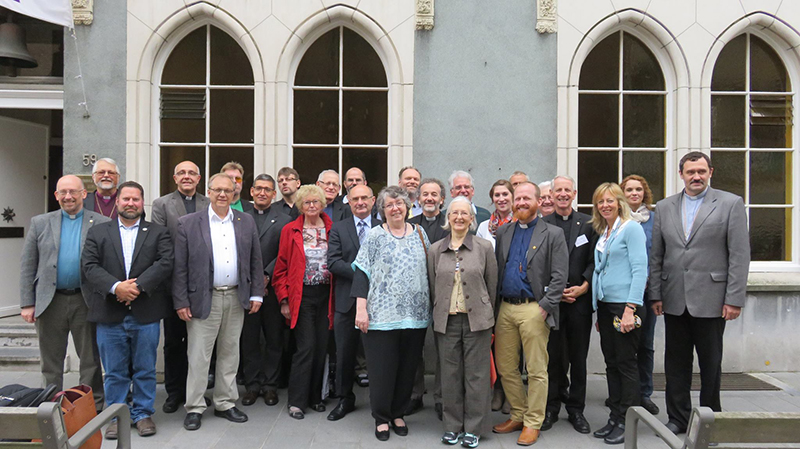
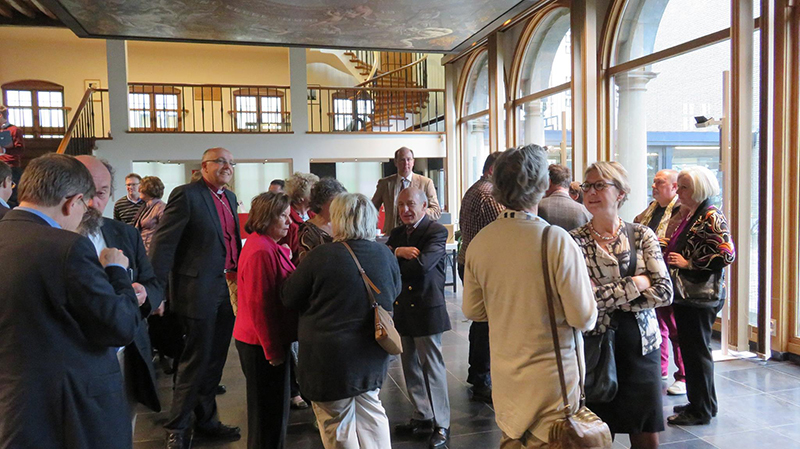
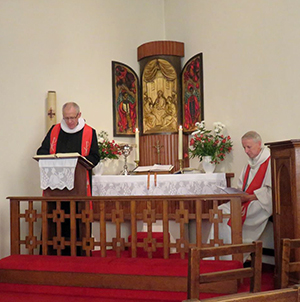
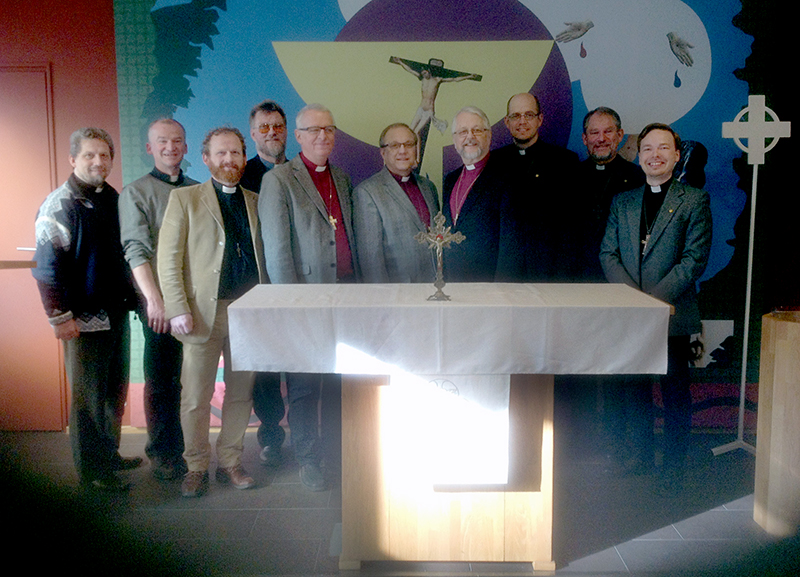
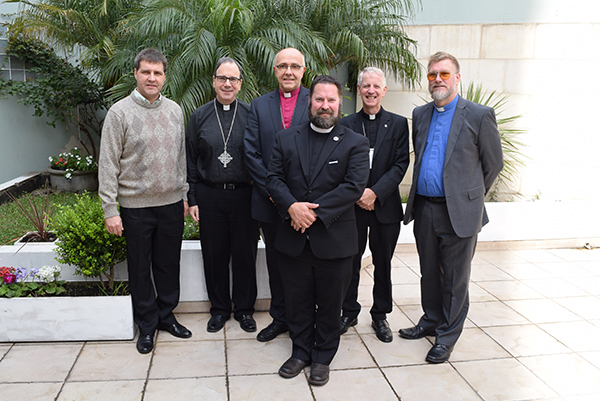
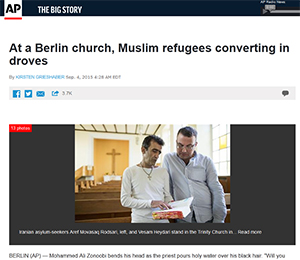
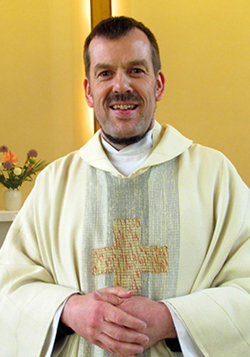
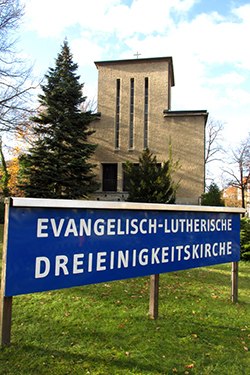
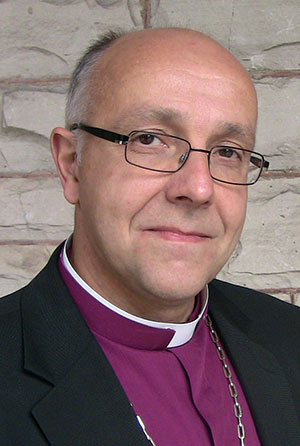
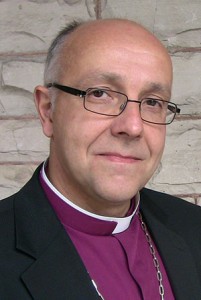 GERMANY – A year ago today, Bishop Hans-Jörg Voigt of the Independent Evangelical Lutheran Church (SELK) in Germany released a pastoral letter entitled “Discovering Marriage and Family as Gifts of God.” Its July 2 publication coincided with German observances of the Visitation of Mary to her cousin Elizabeth (Luke 1:39-56)—an appropriate day to consider the blessings of marriage and children.
GERMANY – A year ago today, Bishop Hans-Jörg Voigt of the Independent Evangelical Lutheran Church (SELK) in Germany released a pastoral letter entitled “Discovering Marriage and Family as Gifts of God.” Its July 2 publication coincided with German observances of the Visitation of Mary to her cousin Elizabeth (Luke 1:39-56)—an appropriate day to consider the blessings of marriage and children.